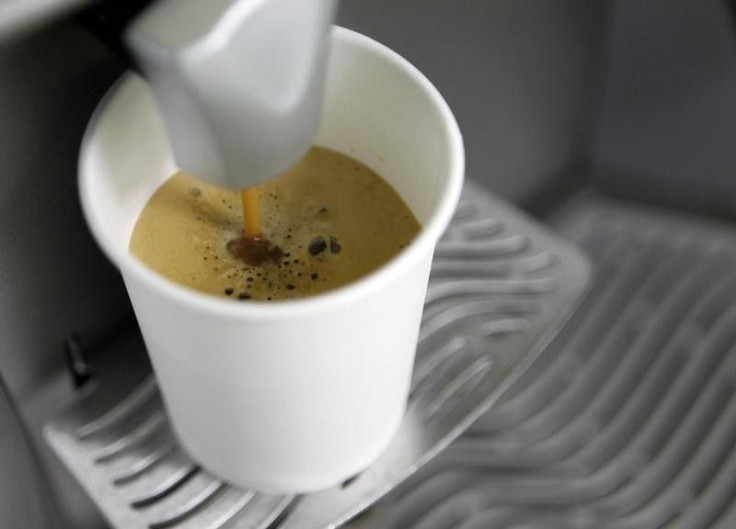Caffeine May Chip A Couple Strokes Off Golf Score

(Reuters Health) - A moderate dose of caffeine may help combat fatigue and shave about two strokes off the scores of skilled collegiate players, according to a small study.
“There’s not a lot of caffeine research in golf,” said lead author Petey W. Mumford of Auburn University in Alabama. Most studies focus on endurance sports.
Professional golfers may walk up to five miles over four hours for a round of golf, which is physical activity, though not intense exercise, said senior author Dr. Kaelin C. Young of the Edward Via College of Osteopathic Medicine, also on the Auburn campus.
A golf tournament involves physical and mental fatigue, Young said.
The researchers studied 12 male golfers with a handicap of three to 18 as they played an 18-hole round of golf on two consecutive days for a 36-hole tournament.
The golfers were already used to consuming caffeine in their daily lives.
On each day of golf, the participants were told to avoid any other sources of caffeine and to eat a meal two hours prior to play. On arrival they provided a urine sample and were fitted with a device to monitor their health throughout the day.
The players were randomly assigned to take a caffeine supplement of 155 milligrams (roughly equivalent to one cup of coffee) or a placebo. They took their first dose before being driven to the tee-off point by a research assistant who collected in-round golf data and transported their clubs.
The golfers completed an energy and mood questionnaire before playing. After the first nine holes, which they walked without using a golf cart, they were given another dose of caffeine supplement or placebo. They also ate a standard meal to offset any dips in blood sugar, and filled out a second energy and mood questionnaire.
After the final nine holes, the golfers filled out a third questionnaire.
For each round of golf, the players in the caffeine group had an average score of almost 77 strokes compared to more than 79 for the placebo group, as reported in Medicine and Science in Sports and Exercise. Men in the caffeine group also reported more energy and less fatigue on their questionnaires.
“Getting your total score lower by even one stroke, that could be the difference between getting into a tournament and not,” Mumford said.
“For a skilled golfer who plays two days in a tournament just to get into the earnings rank, two strokes is huge,” Young added.
In an accuracy assessment, the researchers found that players in the caffeine group tended to get more balls on the green and have less distance remaining to the hole than the placebo group.
Before caffeine supplementation, players should try more training and practice, said David Bishop of the Institute of Sport, Exercise and Active Living and College of Sport and Exercise Science at Victoria University in Melbourne, Australia.
“For those who have reached a plateau in their performance, and are confident their training or practice can’t be improved, they might want to consider it,” he told Reuters Health by email. “I would however, recommend that athletes first speak with their doctor or sports dietitian.”
Two to three milligrams of caffeine per kilogram of individual body mass will produce a noticeable performance effect in most individuals, said Bishop, who was not involved with the new study.
But high doses can increase heart rate and blood pressure, he said.
“Other common adverse effects of caffeine include insomnia, tremors, headaches, anxiety, dependency, withdrawal, and occasional gastrointestinal distress when drinking strong coffee,” Bishop said. “The effects of caffeine might also be altered when taken in combination with other supplements.”
Many athletes, including elite ones, do use caffeine to improve performance, Mumford said.
SOURCE: http://bit.ly/1PAMj2l Medicine and Science in Sports and Exercise, online August 17, 2015.



























